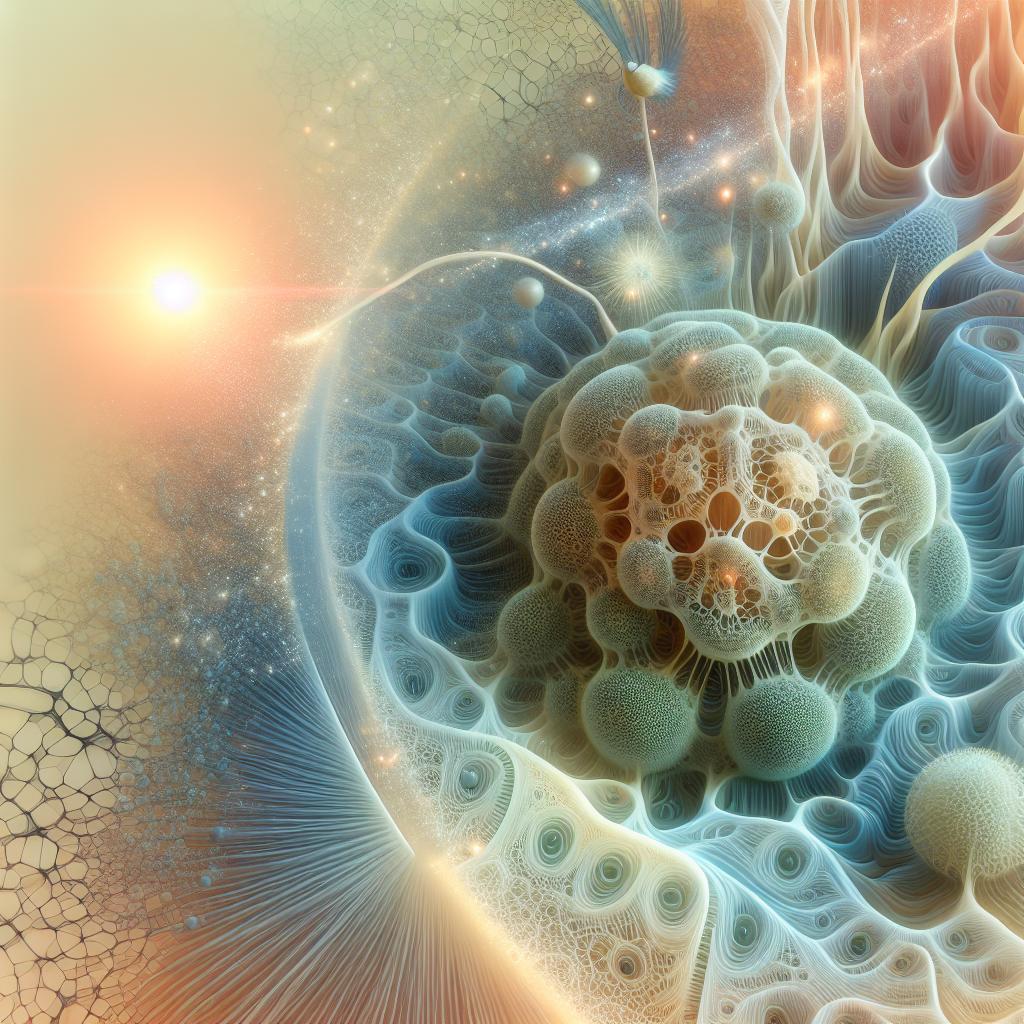
Unveiling Michael Behe's Insights on Evolution: A Christian Perspective
Published: 08 September 2024
Review: Michael Behe's "The Edge of Evolution"
Michael J. Behe's book, "The Edge of Evolution: The Search for the Limits of Darwinism," has sparked controversy among defenders of Darwinism. In this review, we will explore the key points raised by Behe and evaluate his arguments.
Clarity and Confusion
Behe's main argument revolves around the limitations of random mutations and natural selection in explaining the major features of living organisms. He argues that while these processes can account for minor adaptations at the species level, they fall short when it comes to explaining complex features that go beyond the reach of natural processes. According to Behe, these features require intelligent design.
Clarity
Behe supports his argument by examining the interactions between humans and the malaria parasite, Plasmodium falciparum. He focuses on the development of resistance to antibiotics, such as chloroquine, in both Plasmodium and humans. Behe demonstrates that these adaptations are due to the breaking of things rather than the creation of new complex features.
For example, chloroquine resistance in Plasmodium is caused by a fault in a transport protein that moves the antibiotic into the organism's vacuole. This resistance has only arisen relatively infrequently and involves specific amino acid changes. Behe calculates the probability of resistance requiring two mutations to occur where one is not helpful, and shows that this probability exceeds the total number of cells that have existed on Earth.
Behe also explores other examples, such as pyrimethamine resistance in Plasmodium, DDT resistance in mosquitoes, and warfarin resistance in rats. In each case, he argues that these adaptations are achieved through mutations that break things rather than create new functionality.
Slow-coach Humans
Behe compares the evolutionary possibilities of humans to those of Plasmodium, highlighting the differences in population size and generation times. He calculates the maximum total number of humans since their supposed split from chimpanzees and concludes that it would take a billion years to have a chance of getting a double mutation like that needed for chloroquine resistance in Plasmodium. This suggests that anything more difficult than this would never happen in a human-like organism.
Revisiting Irreducible Complexity
Behe revisits the concept of irreducible complexity, using examples such as the cilium and the bacterial flagellum. These complex biological features consist of multiple protein components that must be precisely assembled. Behe argues that there is no series of intermediate states that work to some extent and can be favored by natural selection. He concludes that these features are beyond the edge of evolution, as they cannot be explained by random changes filtered by natural selection.
Upping the Ante
Behe explores the complexity of life by examining protein complexes and gene regulatory networks. He emphasizes that life depends on many protein complexes where multiple proteins bind together in specific ways. He argues that generating a single new cellular protein-protein binding site is as difficult as the development of chloroquine resistance in Plasmodium. Behe also points out that gene regulatory networks specify the sequence of steps needed to build an animal's body components, and their complexity exceeds what random mutations can achieve.
Confusion
While Behe's arguments regarding the limitations of random mutations and natural selection are clear, his proposed alternative—intelligent design—becomes muddled. Behe suggests that an external agent set up the universe with properties that would ensure a particular outcome, but he does not provide a clear explanation of what the designer specified "from the start." He also acknowledges the fine-tuning of the universe's constants and laws but does not fully reconcile this with his arguments against self-organization and innate abilities of living things.
Why This Matters
Behe's book raises important questions about the limits of Darwinian evolution and the role of intelligent design. It challenges the assumption that random mutations and natural selection can account for the complexity of life and highlights the need for an alternative explanation.
Think About It
Consider the implications of Behe's arguments for the origins and diversity of life. How do his findings align with your understanding of creationism? What do you think is the role of intelligent design in explaining complex biological features?
